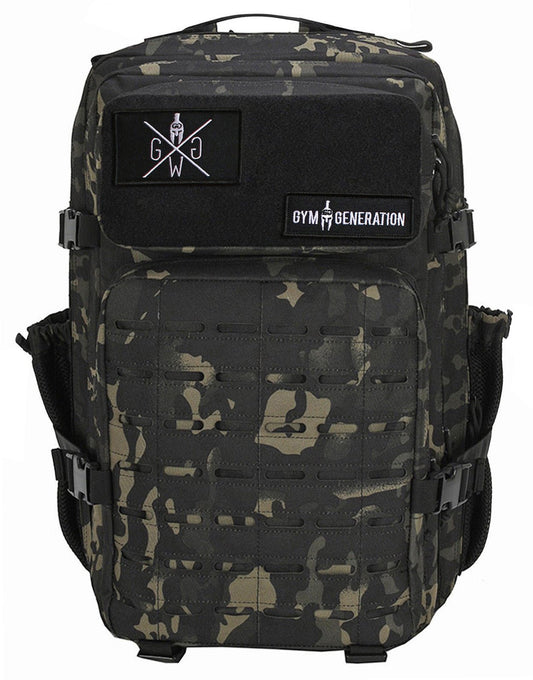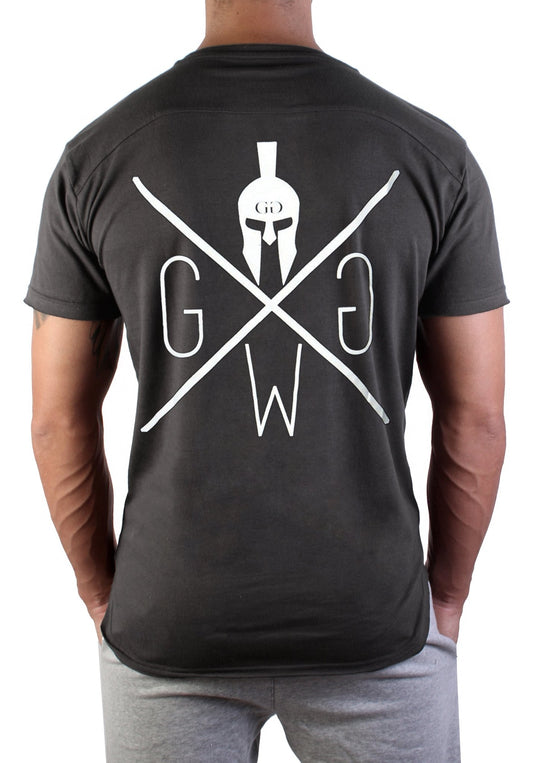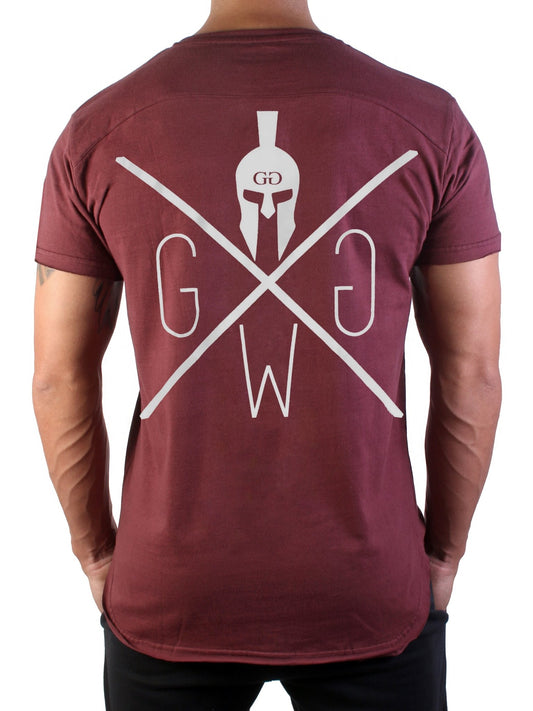
The 5 Key Supplements for Muscle Building
Supplements can go a long way towards improving physical condition by supporting muscle building and fitness. However, it is important to choose carefully as there are a variety of different supplements on the market. In this blog, we will focus on the top five supplements and their benefits.
We will also explain how to take them and at what dosage they are most effective. It's important to note that supplements are not a substitute for a balanced diet and regular exercise, they simply support efforts to get the body in shape. We hope this blog will be helpful in making a better decision when choosing supplements.
1.Whey protein
Whey protein is a very important supplement for building muscle. It is one of the best sources of high-quality protein and is quickly absorbed by the body. It is particularly good for athletes and bodybuilders as it helps to make muscles grow faster. It can also help prevent muscle breakdown and speed up muscle recovery.
Whey protein is a by-product of making cheese from milk. It is obtained and processed from the liquid components of milk, the so-called lactose villi. It is one of the best sources of high-quality protein and has a high biological value.
The biological value describes the ratio of protein to the absorption of nitrogen and provides information about how well the protein can be used by the body. Whey protein has a high biological value of 104, which means that it is very well absorbed by the body and can be used for muscle building and other body functions.
Whey protein comes in different forms such as isolated, concentrated or hydrolyzed and it is important to choose the right form for individual needs.
Whey protein dosage depends on various factors, such as weight, body composition and fitness goal. In general, experts recommend consuming 1 to 1.5 grams of protein per kilogram of body weight daily. A common dosage of whey protein for muscle building is 20 to 35 grams per serving , which can be consumed post-workout or with meals.
2. Creatine
Creatine is another important supplement for muscle building. It is a natural amino acid derivative that is formed in the body. It helps increase muscle energy and improve muscle performance. Creatine is particularly well suited for strength athletes and bodybuilders who want to build muscle mass quickly.
Creatine is one of the most researched and proven supplements and is considered safe and effective.
Creatine is found in small amounts in animal foods like beef, fish, and poultry, but it's often necessary to take it in supplement form to get the desired effects.
The recommended dosage of creatine varies depending on body weight and training goal, but a dosage of 3-5 grams per day is generally accepted. It is important to take creatine adequately with water and to take it regularly over a period of 4-6 weeks to get the best results.
Creatine has a number of physical performance benefits, including an increase in short-term, high-intensity muscular endurance, a reduction in fatigue, and accelerated recovery. It is also often used as an adjunctive supplement in bodybuilding and other strength sports to promote muscle growth.
3.Omega 3
Omega 3 is another important supplement for fitness. It is an unsaturated type of fatty acid found in fish oil. It helps improve heart health, reduce the risk of cardiovascular disease, and reduce inflammation in the body. Omega 3 is particularly suitable for people who want to lead a healthy lifestyle.
Omega-3 fatty acids are unsaturated fatty acids that are of great importance for the human body. They cannot be manufactured by the body itself and must therefore be ingested through diet.
There are two important omega-3 fatty acids: EPA and DHA, which are primarily found in fatty fish such as salmon, herring and mackerel. Plant-based omega-3 sources like chia seeds, flaxseed, and walnuts contain a different form of omega-3 fatty acid, ALA, which can be converted by the body into EPA and DHA, but at a lower efficiency.
Dosing of omega-3 fatty acids varies by age, gender, and health status, but the general recommendation is 250-500 mg EPA and DHA per day . However, it's important to note that there is a cap on the intake of omega-3 fatty acids, and overdoses can have undesirable effects.
Omega-3 fatty acids have many health benefits, including improving heart health, reducing inflammation, improving brain health, and supporting joint health. However, it is important to choose quality omega-3 supplements from trusted sources to ensure they are free from contaminants like mercury and PCBs.
It's also important to consume omega-3 fatty acids in combination with a balanced diet and adequate exercise for the best health benefits.
4. Zinc
Zinc is an important mineral needed for immune system function, wound healing and cell division. It is particularly well suited to athletes and bodybuilders as it helps accelerate muscle recovery and improve muscle performance. Zinc is involved in many functions including supporting the immune system, cell division and growth, and protecting against oxidative stress.
Zinc can be obtained from a variety of sources, including meat, fish, legumes, and nuts. However, it is important to ensure good quality zinc as some sources such as food additives and mineralized water may not be as well absorbed by the body.
The recommended dosage for zinc varies by age and gender, but most adults need around 8 to 11 mg per day.
Zinc dosages for strength athletes may be slightly higher than for the general population as zinc plays an important role in muscle function and recovery. According to some studies, a daily dosage of up to 30 mg of zinc may be safe for adult strength athletes.
Zinc has many health benefits, including supporting the immune system, improving cognitive function, and promoting wound healing. It can also be helpful for certain health conditions, such as acne and eye problems.
However, it is important to note that an overdose of zinc can be harmful, so it is important to monitor dosage carefully.
5. Magnesium
Magnesium is another important mineral needed for muscle and nerve function. It helps support muscle relaxation and reduce muscle fatigue. It's also important for bone and heart health and may help reduce stress and anxiety. Athletes and bodybuilders who exercise regularly should ensure adequate magnesium intake to improve performance and avoid injury. It can be taken in supplement form to fill deficiencies or provide specific benefits.
The quality of magnesium supplements varies by manufacturer and can be affected by factors such as impurities and the type of compound the magnesium is in. For example, magnesium citrate and magnesium bisglycinate are known to have good bioavailability, while other compounds may be less well absorbed.
The traditional sources of magnesium are vegetables, nuts, seeds, beans, whole grains and mineral water. The recommended daily allowance for magnesium varies by age, gender, and level of physical activity, but a general recommendation is 400-420 mg per day for men and 310-320 mg per day for women .
The benefits of magnesium supplements can include reducing stress and tension, improving sleep, strengthening the cardiovascular system, supporting bone growth, and improving cognitive function. However, it is important to note that an excess of magnesium can potentially lead to adverse effects such as nausea, diarrhea and constipation.
Overall, protein whey, creatine, omega 3, zinc and magnesium are the most important supplements for muscle building and fitness. They support the body in achieving its goals and can help reduce recovery time and improve performance. However, it is important to note that supplements are only one piece of the puzzle and that a balanced diet and regular exercise are still the foundation of a healthy and fit body. It is also advisable to always consult a doctor or nutritionist before taking any supplements to ensure they are appropriate for individual needs and goals.































